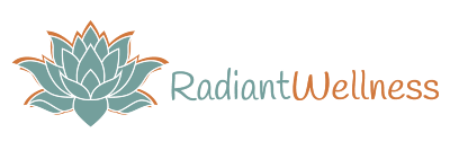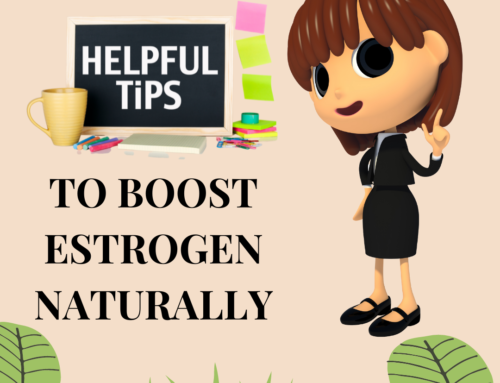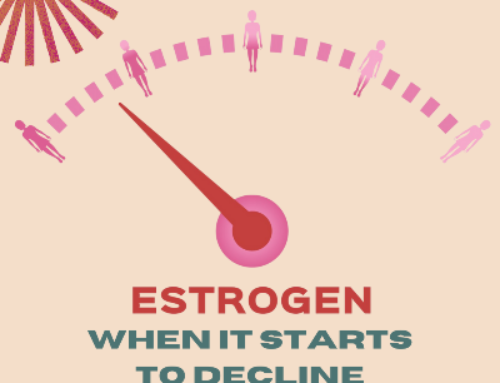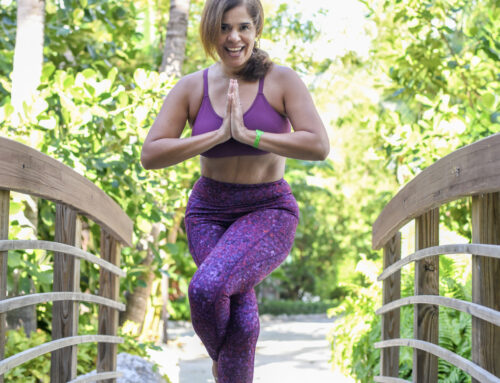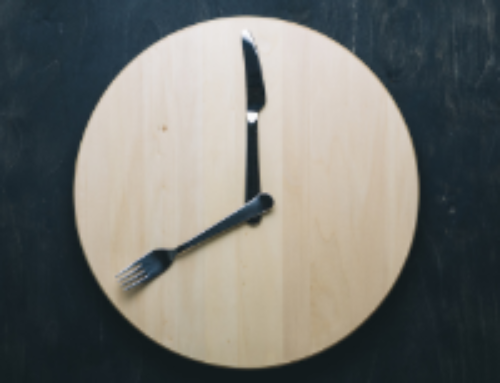Hair loss in menopause is one of the symptoms that occur for many women. Thinning is another less severe condition but one that happens as well. Your body is going through a major shift in bodily function but this shift is not directly the reason for the hair loss. There are underlying conditions that have developed over time that menopause only just brought to the surface.
When our hair starts falling out, it can be distressing, scary, and flat out worrisome. Our hair is part of our physical appearance, specifically for women in my opinion. I believe our hair is our crown or could it be that I just focus more on it. Who knows!
Why Hair Loss Occurs in Menopause
Research suggests the loss of hair during menopause is due to hormonal imbalance. It is a result of low estrogen and progesterone. The hormones helps your hair grow and stay on your head without falling out for long period of time. But, when the hormone levels are low, your hair grows slower, it starts to thin out. Ultimately, your hair starts to fall out as the hair follicles also start to shrink due to increase of androgens (male hormones) that is triggered due to the decline in estrogen and progesterone.
Androgens shrink hair follicles causing hair to fall out. But this also can increase facial hairs in some women around the chin and face. But, stress, poor nutrition, toxins, cellular damage and illness can also contribute to hair loss in extreme cases.
Ways to Prevent Hair Loss
- Detox your body of heavy metals
- Reduce inflammation
- Eat nutritious food rich in iron, vitamin B7 (biotin), zinc
- Consume food containing essentials nutrients, fats, and iron: brazil nuts, salmon, sardines, chickpeas, chicken, flaxseeds, sesame seeds, walnuts, red meats and quinoa, organic soy based food and drinks
- Supplements to consider: iron if your levels are on the low end (1 small tablet a day to correct any deficiency for 6 months) and vitamin C to increase absorption of iron, biotin, zinc, omegas 3 & 6, antioxidants, vitamin B5
- Use organic shampoos and conditioners that don’t contain harmful chemicals like parabens, sodium laurel sulfate, polyethylene glycol, and phalates
- Use pure, plant-based essential oils or supplements from Young Living that help to open the pathways, reduce inflammation, support the adrenals and stimulate hair follicles.
Next Steps
Try the above suggestions and see if your hair starts to grow back. It will take time to see results so please be patient. Understand hair grows slow and results will not come overnight. You need to be consistent in giving your body the support and care it needs to reverse any adverse condition.
